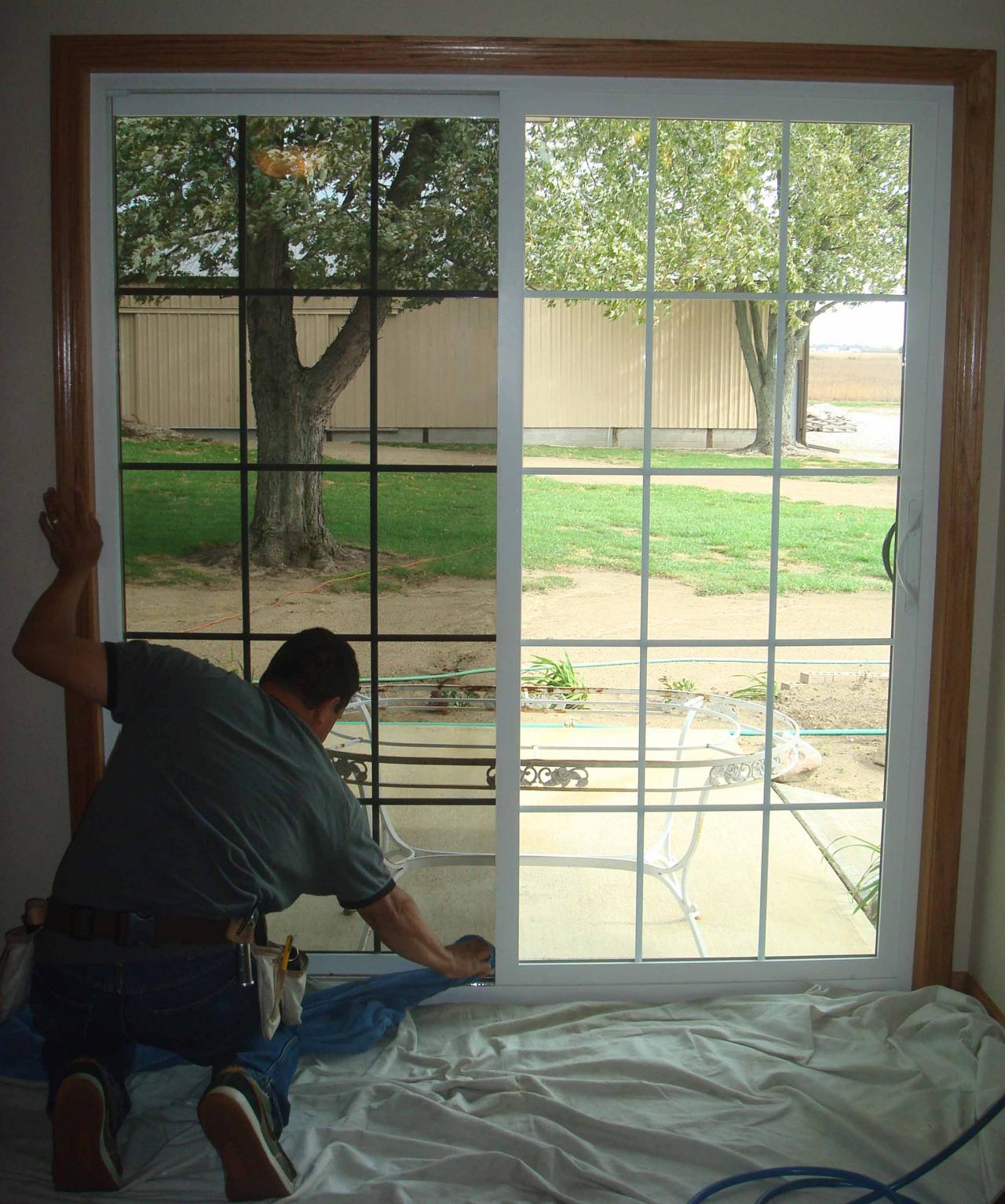Residential Window Tint: Improve Comfort and Minimize Glow Indoors
Residential Window Tint: Improve Comfort and Minimize Glow Indoors
Blog Article
Exactly How Residential Window Tinting Enhances Your Home's Energy Effectiveness
Residential home window tinting offers a compelling service for house owners looking for to boost power efficiency within their living spaces. By applying specialized films to windows, it successfully lowers warmth transfer, thereby stabilizing indoor temperatures and reducing the need for extreme heating or cooling.
Comprehending Window Tinting
Comprehending window tinting is vital for house owners looking for to improve both convenience and energy effectiveness in their space. Residential Window Tint. Window tinting involves the application of a thin movie to the inside or outside surface area of glass windows. This film can considerably modulate the quantity of sunshine and warm that goes into a home, therefore influencing interior environment problems
There are different kinds of window tinting films readily available, each with distinctive homes. Dyed films soak up solar energy, while reflective movies disperse it away from the glass surface. Ceramic films provide a balance of presence and warm rejection, making them a popular choice among property owners. The effectiveness of home window tinting is frequently measured by its Visible Light Transmission (VLT) percent, which shows exactly how much light can travel through the movie.
Benefits of Power Effectiveness
Window tinting not only enhances looks but additionally plays a substantial duty in enhancing energy effectiveness within household areas. By lowering warmth transfer through home windows, colored films create a more steady indoor climate, which can cause substantial reductions in energy usage for heating & cooling. This energy effectiveness converts right into lower utility costs, giving property owners with considerable long-lasting financial savings.

In addition, home window tinting boosts the convenience of living spaces. By lessening glow and obstructing hazardous UV rays, tinted windows produce an even more pleasant setting, which can lead to improved health for passengers. The defense versus UV rays additionally aids protect furnishings and flooring from fading, adding to the long life of home items.
How Tinting Functions
Tinting movies operate with a combination of innovative products and technologies created to control the amount of solar power getting in a home. Mainly made up of polyester, these movies usually incorporate metallic or ceramic fragments that show and take in warmth. This double capacity enables them to considerably minimize the infiltration of ultraviolet (UV) rays and infrared radiation while permitting visible light to go through.
The efficiency of window tinting is gauged by its solar heat gain coefficient (SHGC), which indicates just how much solar power is transmitted with the window. Lower SHGC values are better as they signify greater warmth denial. Additionally, window colors can include a selection of shades, enabling house owners to personalize their visual choices while improving energy performance.
Furthermore, these films work as a barrier, protecting against heat loss during chillier months by reflecting interior heat back into the home. This thermal insulation effect enhances the air conditioning benefits acquired throughout warmer months, adding to a balanced indoor climate year-round. By managing solar energy successfully, household window tinting not just enhances comfort yet additionally here are the findings plays a vital role in decreasing energy consumption and lowering utility bills.
Picking the Right Color

There are basics numerous sorts of window movies available, including colored, metalized, and ceramic. Colored films are economical yet may have limited longevity. Metalized films use far better heat rejection yet can conflict with electronic signals. Ceramic movies provide excellent heat control without jeopardizing presence and are highly resilient, making them a prominent selection.
Noticeable light transmission (VLT) is one more important aspect, as it shows the quantity of all-natural light that can go through the colored glass. Homeowners ought to select a tint with a VLT that enhances their lights choices while still giving ample glow decrease.
Furthermore, examining the solar warm gain coefficient (SHGC) can assist identify exactly how well a tint can obstruct warmth from sunshine. A reduced SHGC suggests better heat control, inevitably boosting power effectiveness.
Installation and Upkeep Tips
Correct setup and upkeep are important elements in making the most of the advantages of domestic home window tinting. Professionals additionally use specialized techniques and tools, which can boost the sturdiness and performance of the tint.
Adhering to installment, upkeep is essential to extend the life of the window film. It is suggested to wait at the very least 30 days prior to cleansing the colored home More Bonuses windows to permit the glue to heal totally.
Additionally, regular inspections are useful. Look for any type of peeling or bubbling, which might suggest incorrect setup or use gradually - Residential Window Tint. Attending to these problems immediately can stop additional damage and maintain energy efficiency. By sticking to these installment and upkeep ideas, house owners can ensure their window tinting remains to provide substantial power cost savings and comfort for years to come.
Final Thought
In conclusion, property home window tinting serves as an efficient solution for improving power efficiency within homes. By decreasing warmth transfer and blocking damaging UV rays, home window movies contribute to reduce power intake and improved indoor convenience.
Home window tinting involves the application of a thin movie to the inside or outside surface of glass windows. By minimizing warmth transfer via windows, tinted films produce a much more secure interior environment, which can lead to significant reductions in energy usage for home heating and air conditioning.The performance of home window tinting is gauged by its solar heat gain coefficient (SHGC), which indicates how much solar energy is transferred with the window. By handling solar power properly, household home window tinting not just boosts convenience yet additionally plays a vital role in reducing power usage and lowering utility expenses.
By minimizing warmth transfer and blocking unsafe UV rays, window films add to reduce energy consumption and improved indoor convenience.
Report this page